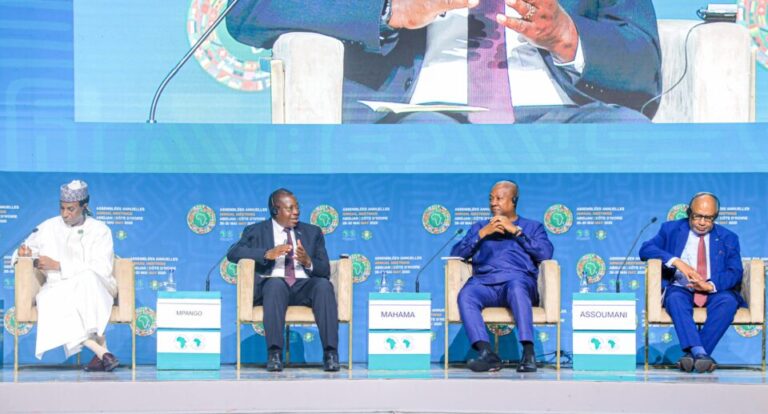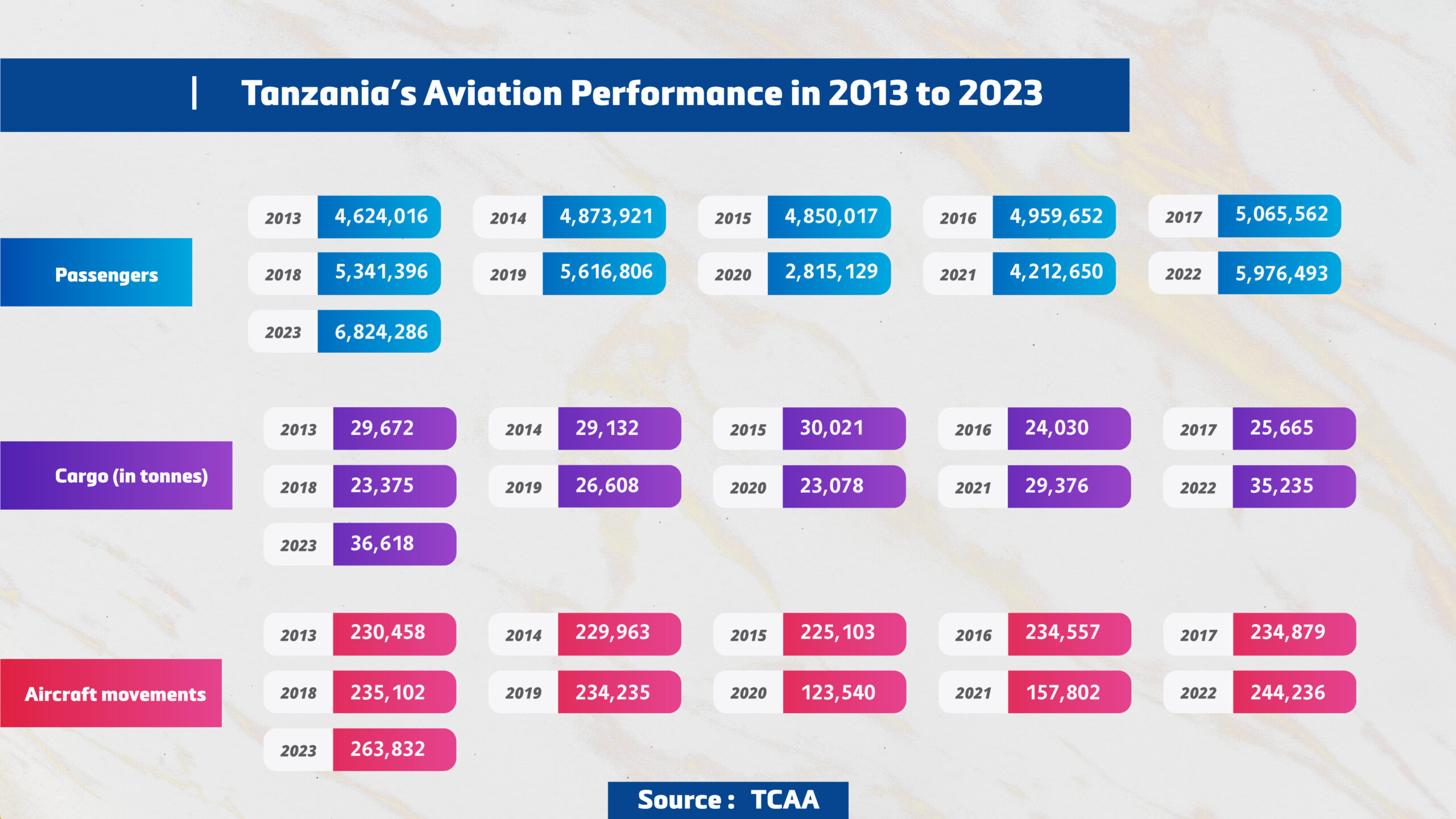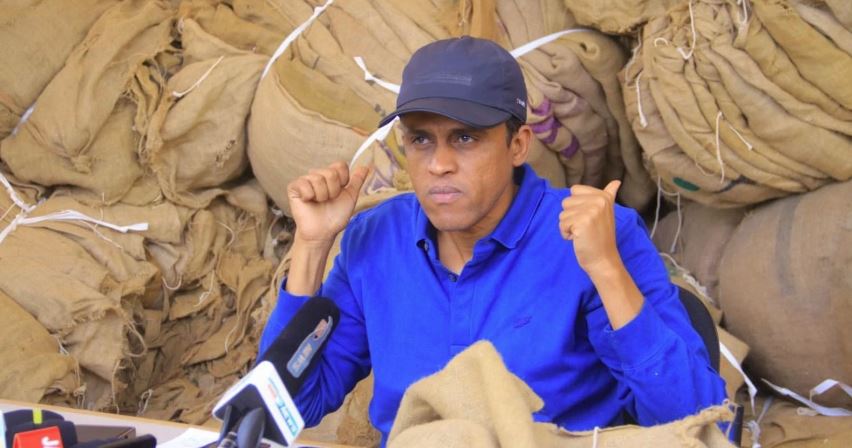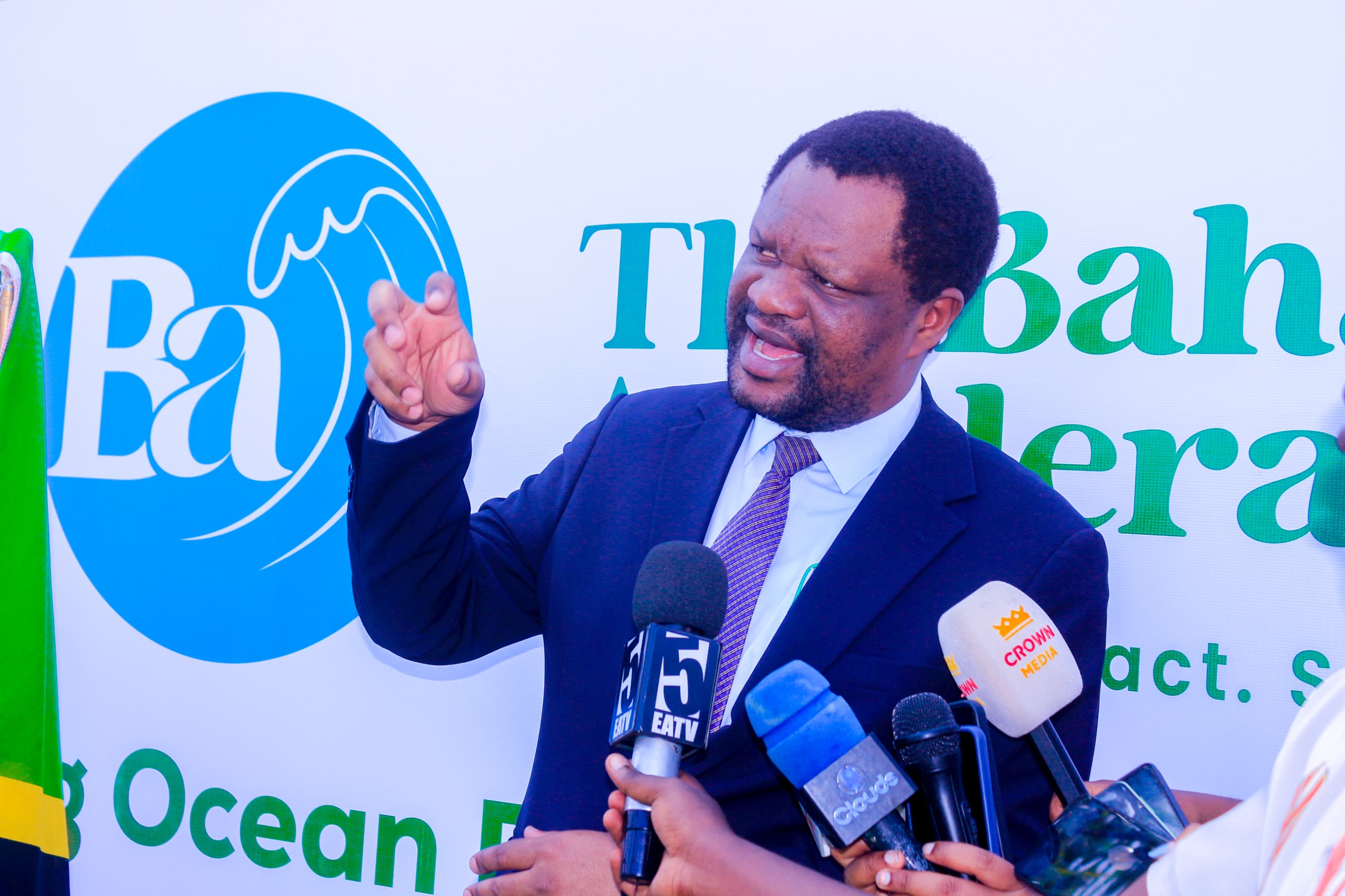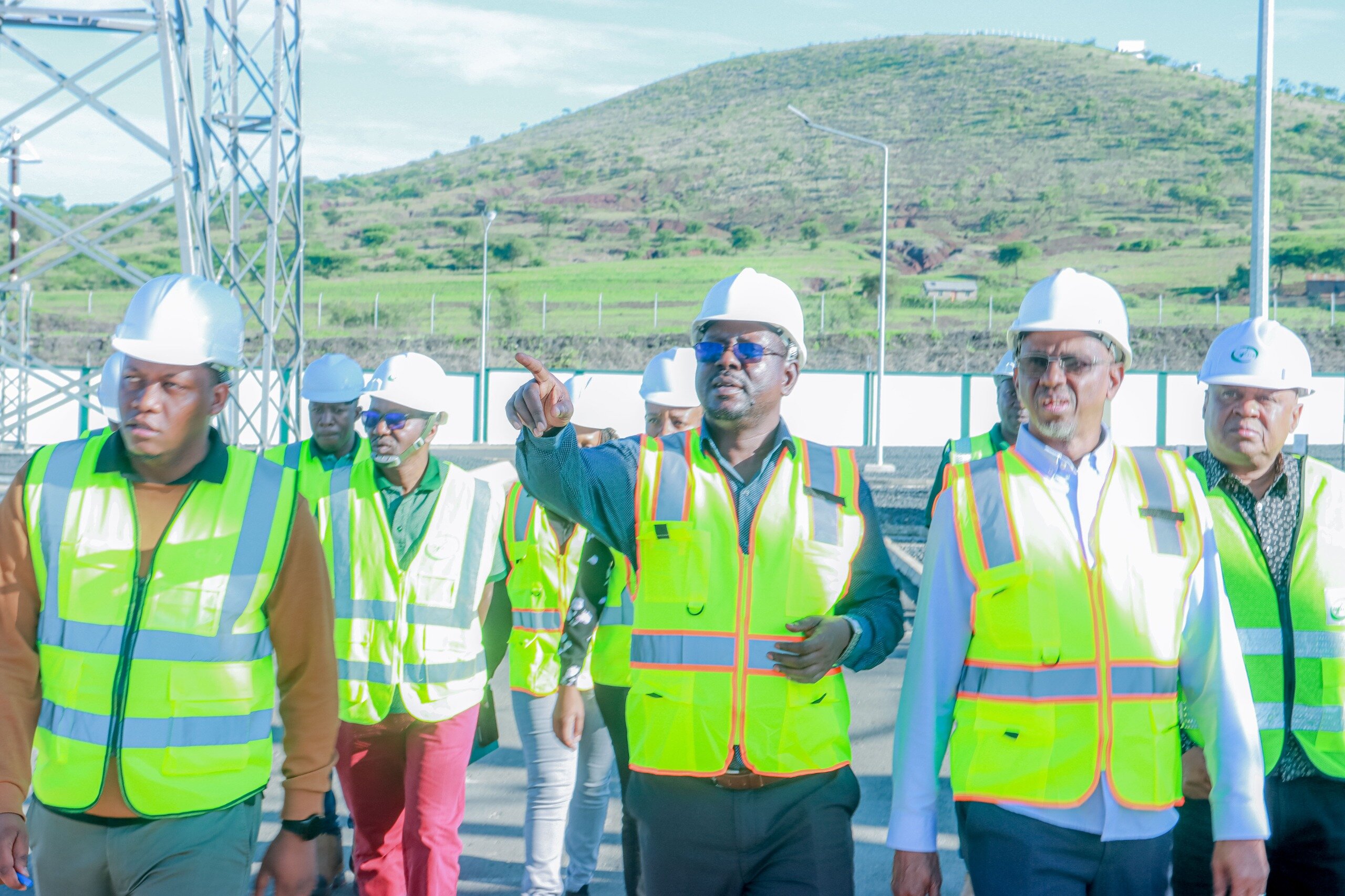Abidjan, Côte d’Ivoire. Tanzania has expressed keen interest in strengthening its cooperation with the African Development Bank (AfDB) to support economic reforms and accelerate industrial development, as its delegation joined continental counterparts at the AfDB Annual Meetings currently underway in Abidjan.
The 2025 Annual General Meeting, held from 26 to 30 May, marks the 60th session of the AfDB Board of Governors and the 51st of the Bank’s Development Fund (ADF).
They have attracted over 6,000 delegates, including heads of state, finance ministers, central bank governors, development partners, and private sector leaders.
This year’s gathering, convened under the theme Africa’s Transformation, the African Development Bank Group, and the Reform of the Global Financial Architecture, will include the election of a new President to succeed Dr Akinwumi Adesina, a Nigerian national, alongside the election of Executive Directors for this major African financial institution.
Vice President, Dr Phillip Mpango arrived in Abidjan on May 24 to represent President Samia Suluhu Hassan.
He landed in Abidjan from Brazil where he was also representing President Samia in a key Brazil-Africa meeting.
He is accompanied in the meetings by a delegation led by Finance and Planning Minister Dr Mwigulu Nchemba.
During the opening day’s leadership roundtable meeting on May 27, Dr Mpango attributed Tanzania’s infrastructure advancements to strengthened domestic revenue mobilisation, enhanced private sector engagement, and the deepening of capital markets.
He highlighted flagship initiatives such as the Standard Gauge Railway (SGR), national trunk roads, and key energy projects as tangible results of strategic investment planning and effective partnerships, including with the AfDB.
“The success of these projects reflects deliberate efforts to boost domestic financing through reforms in tax administration, adoption of digital platforms for tax collection, and the establishment of a Tax Ombudsman Office,” Dr Mpango remarked.
He further noted that the government has significantly utilised infrastructure bonds, social security fund investments, and concessional borrowing to finance roads, bridges, and power plants.
Among these projects, the Julius Nyerere Hydropower Project—currently generating 2,115 megawatts—stands out as a transformative milestone in Tanzania’s energy sector, complemented by forthcoming geothermal and gas-powered energy developments.
Dr Nchemba is scheduled to address a high-level forum on strengthening Africa’s voice in global financial governance later during the meetings.
On the sidelines of the conference on May 28, Dr Mpango held discussions with outgoing AfDB President Dr Adesina, expressing Tanzania’s gratitude for the Bank’s longstanding support.
Under Dr Adesina’s leadership, the AfDB has co-financed a series of major infrastructure and social development programmes in Tanzania, including roads, airports, and cross-border rail lines extending towards Burundi and the Democratic Republic of Congo.
Dr Nchemba, accompanied by senior government officials, is expected to hold further bilateral talks to advance ongoing AfDB-funded projects and explore new areas of cooperation, including transport infrastructure, energy, agricultural value chains, and climate resilience.
Dr Nchemba participates in key meetings
On May 27, Dr Nchemba participated in the Eastern Africa Governors’ Caucus and engaged in bilateral consultations with AfDB executives. The following day, he met with the Bank’s Tanzania Country Manager, Dr Patricia Laverley.
The delegation included senior officials such as Treasury Permanent Secretary Dr Natu El-Maamry Mwamba, External Finance Commissioner Mr Rished Bade, and Deputy Cabinet Secretary Mr Fidelis Mkatte.
Tanzania remains one of AfDB’s key shareholders and beneficiaries, with an active project portfolio exceeding $2.7 billion.
The meetings come at a critical time when African economies face constrained fiscal space, rising debt vulnerabilities, and the urgent need to transition towards greener and more inclusive growth.
The AfDB is championing a reform agenda that includes reallocating Special Drawing Rights (SDRs) to African institutions, increasing capital flows to the continent, and revising credit rating methodologies to better reflect Africa’s true risk profile.
For Tanzania, these discussions hold particular importance as the country seeks to diversify development finance sources, reduce dependence on costly commercial borrowing, and leverage multilateral partnerships to scale up strategic investments.
Tanzania’s participation also underscores its commitment to broader regional and global efforts to reform the international financial system, aiming to make it more responsive to the needs of low- and middle-income countries.
The government has consistently emphasised the necessity for equitable access to financing, improved lending terms, and a stronger voice for African nations within institutions such as the International Monetary Fund and the World Bank.
AfDB President Dr Akinwumi Adesina has said that Africa’s transformation requires bold financial innovation and reinforced institutional partnerships.
He assured participants of the Bank’s ongoing commitment to working with African governments to deliver transformative outcomes, including job creation, food security, and green industrialisation.
Tanzania’s economic reform path—focusing on enhancing domestic resource mobilisation, easing regulatory burdens, and expanding industrial output—aligns closely with the Bank’s strategic objectives.
The AfDB currently supports several flagship projects in Tanzania, including the Mtwara-Mbamba Bay railway, the North-West Grid transmission line, and agricultural transformation initiatives in the central and southern regions.
Outcomes from the Abidjan meetings are expected to shape the future of African development financing for years to come, positioning Tanzania to capitalise on emerging opportunities while contributing to the continent’s collective voice on global economic governance.

